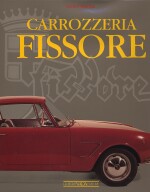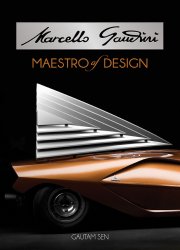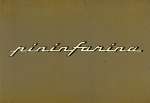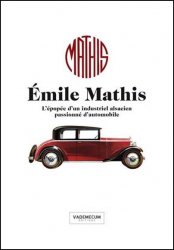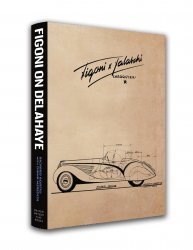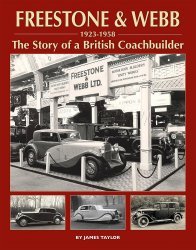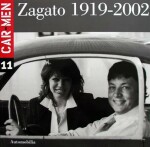The history of Carrozzeria Fissore is not dissimilar to that of many Italian coachbuilders. A family business, it was founded by four brothers. Bernardo, the true founder, Antonio, Costanzo and Giovanni Fissore. All this in 1920.
For a few years they produced carriages for animal towing, and began their first experience in the partial or complete construction of bodies for vans, cars and trucks. In 1936, Bernardo Fissore took over the ownership of the company and oriented it towards the construction of special bodies for custom-built cars, postal vans, buses, ambulances and hearses.
Thanks to this specialization, Fissore experienced great development during the Second World War, due to the numerous deliveries of civilian vehicles converted for military use by the Italian Army.
In the 1950s, a number of custom-built cars based on the most popular FIAT models were produced, as well as many advertising vehicles, which at the time were in particular demand by consumer goods companies to attend major sporting events such as the "Giro d'Italia" or the "Mille Miglia".
Everything at Fissore was self-built. Almost an autarkic reminiscence. The company produced all the bodywork components itself, from the bumpers to the handles and the deflectors. Carrozzeria Fissore reached its peak in the 1960s, employing over 200 people.
In that decade, the company collaborated with many prestigious car manufacturers in the creation of luxury Grand Tourers, in particular with Maserati, De Tomaso, Opel, Monteverdi, TVR, Vemag and Mitsubishi. In the early seventies, the 'Scout', a remarkable off-road model based on Fiat 127 mechanics, was launched.
In 1975, the crisis in the sector that had persisted since the austerity crisis caused Fissore serious financial problems, as a result of which it had to stop production in 1976 and was finally liquidated in 1984 after a long bankruptcy process.
Based on numerous previously unpublished images, this book retraces the history of the company and its creations, without neglecting those products (giardinette, advertising vehicles, trucks) which, long considered minor, constituted a fundamental branch of activity for almost all Italian coachbuilders.
Product specification
Additional information
Write a Review
Login or Register to write your review
You might also like
- Publisher: Dalton Watson
- Language: English
- Binding : Hardback with slipcase
- Publisher: Degler Studio
- Language: English, Italian
- Binding : Hardback with slipcase
- Publisher: Automobilia
- Language: Italian
- Binding : In paperback
- Publisher: Vademecum Editions
- Language: French
- Binding : In paperback
- Publisher: Dalton Watson
- Language: English
- Binding : Hardback with slipcase
- Publisher: Herridge & Sons
- Language: English
- Binding : In hardback
- Publisher: Automobilia
- Language: English, French, Italian
- Binding : In paperback




